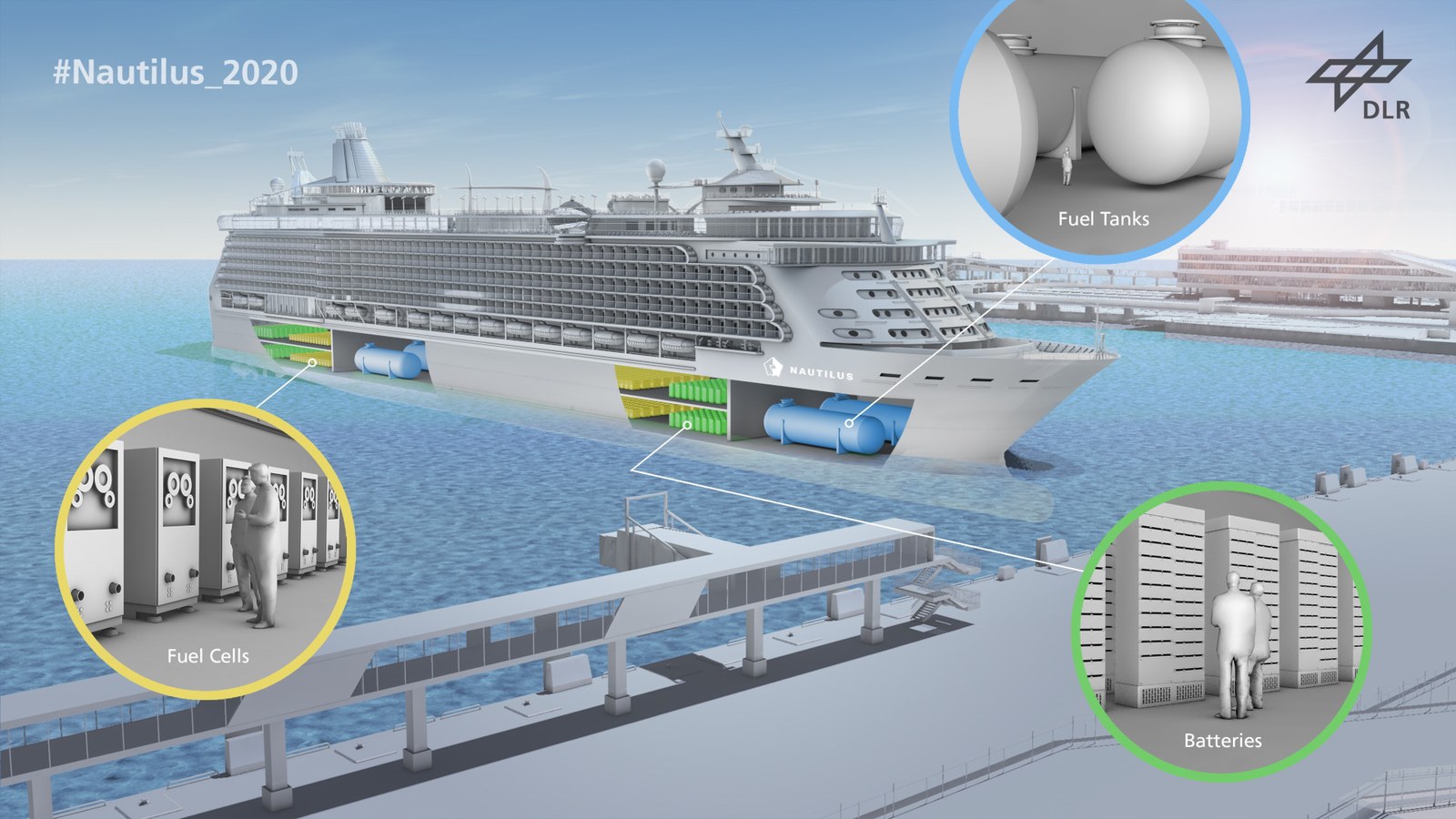Programme and strategy



© DLR
DLR develops concepts and solutions for implementing the global energy transition and makes scientific and technological contributions by developing climate-neutral, efficient, cost-efficient, reliable and socially accepted cutting-edge technologies for the use, conversion and storage of renewable energies. The aim is to investigate the most efficient and cost-effective interplay between individual components and technologies – both for isolated processes and in the overall system. With its large-scale research facilities, DLR serves as the link for the transfer from research to industrial application.
Efficient use of solar and wind energy
In order to further develop renewable energies, DLR is researching materials, processes and technologies for the efficient use of solar and wind energy. DLR's solar energy research focuses both on the technical advancement and cost-effectiveness of existing components and systems for solar thermal power plants and on the development of new concepts that turn concentrated solar radiation into electricity and heat. Using measurement techniques developed specifically for this purpose, researchers are investigating individual components and collector systems, their interaction in the overall system and the meteorological conditions of a location, which strongly influence performance and cost efficiency.
In the field of wind energy research, DLR is devoting particular attention to the smart rotor, which can better adapt to wind loads and generate electricity more quietly. The focus here is on questions relating to aerodynamics, sound, structure and vibration (aeroelasticity), production as well as intelligent regulation and control. In the process, the interaction with the wind field is also being researched.
Energy storage
A sustainable energy system in which sun and wind provide energy depending on the weather depends on efficient and cost-effective energy storage. To this end, DLR researchers are developing and investigating new heat and electricity storage systems.
High-temperature heat storage systems can offer major savings in power plants or industrial processes and perfectly complement solar thermal power plants to keep them running around the clock.
Electrochemical energy storage systems, such as batteries, are key components both for use in the grid-based electricity system and for electromobility.
Hydrogen and synthetic fuels
Renewable energy can be stored with high energy density and over long periods of time in the form of hydrogen or synthetic fuels. Therefore, chemical energy carriers are an essential element of the energy and transport transition.
To obtain chemical energy carriers, DLR is researching solar chemical processes, such as the production of alternative fuels using high-temperature systems. Electrolysis processes are also being studied in terms of materials and the integration of these components into the energy system. DLR covers the entire spectrum of fuel research – production, design and characterisation.
For reverse power generation, DLR is further developing efficient, flexible gas turbines – from kilowatts to megawatts – as well as fuel cells. In addition to efficiency, the specific goals of combustion research in gas turbines are the reduction of emissions as well as fuel and load flexibility. This should facilitate an easy switch to future natural gas alternatives such as hydrogen or other alternative fuels, especially in micro gas turbine power plant concepts. For fuel cells, for example energy converters, the focus is on materials, service life, system compatibility and costs.
Climate-neutral industry
Another focus of research is on reducing carbon emissions for industrial processes. The development of high-temperature heat pumps should contribute to the decarbonisation of energy-intensive industrial sectors that are difficult or virtually impossible to electrify. The focus is on the production of heat and steam from renewable energy, process simulation and optimisation, and the development of new processes to avoid process-related carbon-dioxide emissions.
Maritime energy systems
The maritime sector offers great potential for reducing emissions. DLR is therefore working on sustainable solutions for maritime energy systems. New propulsion technologies are being developed and tested, from component development to testing on land and at sea, as well as alternative fuels and the necessary infrastructure. Here, virtual ship models help to accelerate design and certification. The optimisation of on-board power grids is part of the work.
Optimisation and control in energy systems
The aim of DLR's research in the field of energy systems is to achieve the smoothest and most efficient interaction possible with high flexibility and system stability with high shares of renewable energy.
Energy must be used in the right place at the right time and fluctuations in renewable energy must be balanced out. This is achieved through what is referred to as sector coupling, the key concept of the energy transition: To achieve this, a wide variety of technologies for the three sectors of electricity, heat and transport must be interconnected and optimised. To this end, DLR is developing and integrating optimised technical components.
Sector coupling takes place on different scales, from the individual building to the neighbourhood to the supraregional grid. Intelligent energy management combined with modern grid technologies provides flexible options for balancing the fluctuation of supply and demand.
DLR also conducts a wide range of research in energy systems analysis. This is necessary to understand and design the future overall energy system.
To be able to optimally control the supply of electricity, DLR is working on forecasting tools, technology assessment and scenario analyses as well as energy meteorology. This makes it possible to develop and investigate concepts for a sustainable energy supply and their impact on the energy system. Management tools, business models, funding mechanisms and market introduction strategies are being developed and tested.
DLR's goal is to optimise the energy system using all of its existing capabilities and to identify development paths and management mechanisms. Ecological and societal aspects must also be taken into account.
